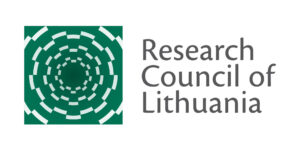The role of professional socialization process and country’s socio-economic context in proactive behaviors at work at later career stages
National research projects
Finished

Population in most developed countries is aging rapidly. Consequently, the participation rate of older staffs in labor market increases. Globalization of markets and continual technological changes require staffs to proactively engage in their work roles and career planning. At the same time, it is not unusual for organizations to see their older workers and older job candidates as having less initiative and lacking proactivity at work. Thus, while organizations are concerned with aging workforce, national policy-makers and society at large are more concerned how these trends affect older staffs, and how the situation may be turned around to create conditions for more successful aging at work.
This research is based on the theoretical presumption that early work and life experiences affect work behaviors in later years. Thus, we aim to investigate how the development of occupational socialization influences proactive behaviors at work at older ages and how it depends on country’s socio-economic context.
The goal of the proposed research is multifold. First, we aim to identify and theoretically classify different kinds of proactive behaviors, which may be related to successful aging at work. Second, we will compare the practices and work behaviors of older individuals whose early occupational socialization took place in different socioeconomic contexts. Third, we will investigate the role of occupational socialization in shaping, promong, and hindering proactive work behaviors at later career stages.
The results of the proposed research will also have practical implications. It will help organizations to better manage and encourage the proactivity of older staffs, in
this way, promoting their successful aging at work and active participation in the labor market.
Project research leader: dr. Bernadeta Goštautaitė.
Project research team: dr. Irina Liubertė, Margarita Pilkienė, Dovilė Petreikienė.
Project duration: 2020 05 01 – 2022 12 31
This research was funded by a grant (No.S-MIP-20-9) from the Research Council of Lithuania.